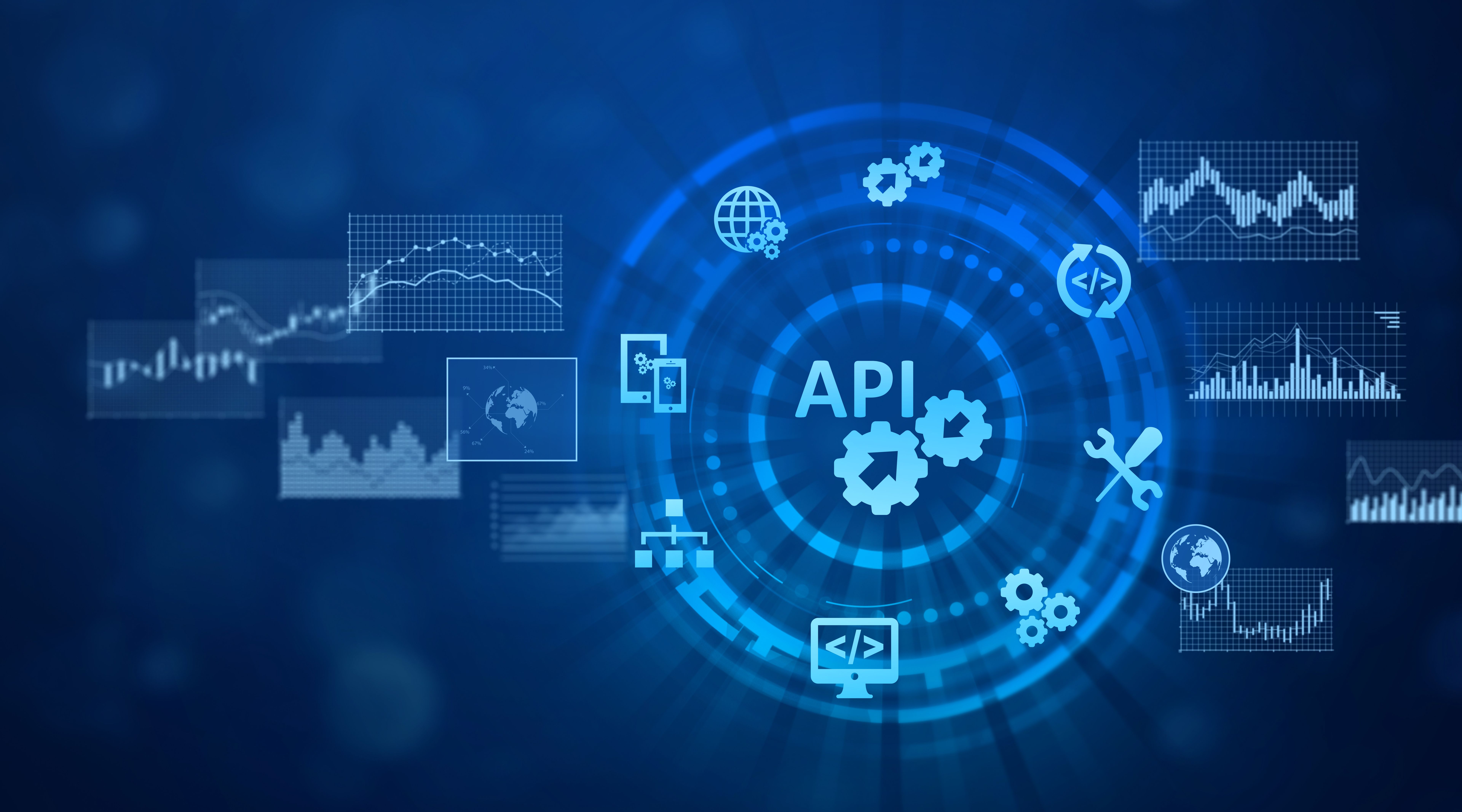APIs: The Foundation of AI Integration
Understanding the Role of APIs in AI Integration
In the rapidly evolving world of technology, Application Programming Interfaces (APIs) have become indispensable tools for businesses looking to integrate Artificial Intelligence (AI) into their systems. APIs serve as a bridge, enabling software applications to communicate and share data seamlessly. This makes them crucial for integrating AI capabilities, which rely heavily on data processing and analysis.
APIs allow developers to incorporate AI functionalities into their applications without needing to reinvent the wheel. By leveraging existing AI models and tools through APIs, businesses can enhance their services with features like natural language processing, machine learning, and image recognition.

Why APIs are Essential for AI
The importance of APIs in AI integration cannot be overstated. They provide the necessary infrastructure for various AI services to interact with each other and with other software systems. This interaction is vital because AI models often require large datasets and computational power that standalone systems cannot provide.
Using APIs, businesses can access advanced AI models developed by tech giants like Google, Microsoft, and IBM, allowing them to implement sophisticated features without substantial investment in infrastructure. This democratization of AI capabilities empowers even small businesses to compete in the digital marketplace.
Benefits of Using APIs for AI Integration
There are numerous benefits to using APIs for AI integration:
- Cost-Effectiveness: APIs eliminate the need for developing complex algorithms from scratch, saving time and resources.
- Scalability: APIs allow businesses to scale their AI capabilities as needed, adapting to changing demands.
- Flexibility: They provide flexibility in choosing the best AI services to meet specific business needs.
- Speed: Quick implementation of AI features accelerates the development process.

Real-World Applications of API-Driven AI
The use of APIs for AI integration is evident in numerous real-world applications. In the healthcare industry, APIs enable the integration of AI-powered diagnostic tools that assist doctors in analyzing medical images and predicting disease outcomes. In finance, APIs facilitate the implementation of AI algorithms for fraud detection and risk management.
Retailers use APIs to integrate AI-driven recommendation engines into their e-commerce platforms, enhancing customer experience with personalized product suggestions. Similarly, in customer support, chatbots powered by AI through APIs provide instant assistance, improving service efficiency and customer satisfaction.
Challenges in API-Based AI Integration
Despite their advantages, using APIs for AI integration presents challenges. Security is a primary concern, as sensitive data is often transmitted between systems. Ensuring robust authentication and encryption methods is essential to protect data integrity.
Another challenge is managing compatibility between different APIs and platforms. Standardizing communication protocols and ensuring interoperability can be complex but is necessary for seamless integration.

The Future of APIs in AI Integration
The future of APIs in AI integration looks promising as technology continues to advance. We can expect more sophisticated and user-friendly APIs that offer enhanced functionalities and greater ease of integration. The ongoing development of API standards will further streamline the process, making it more accessible to businesses across various industries.
As AI becomes increasingly ubiquitous, the role of APIs will continue to expand, acting as the foundation for innovative solutions that drive business growth and transform industries.